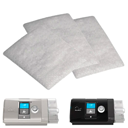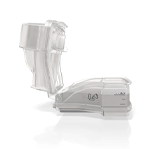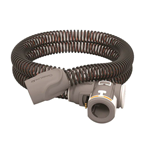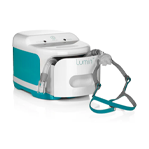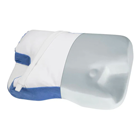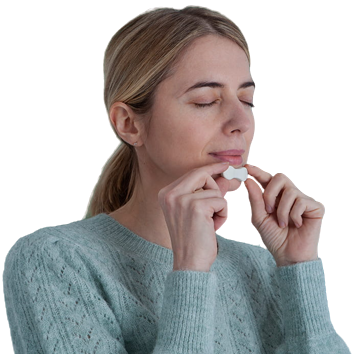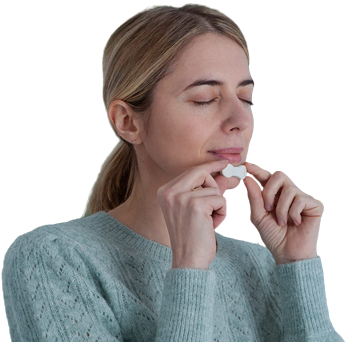There are a lot of folksy ways to describe loud snoring from sawing logs to cutting gourds to calling the hogs to rattling the shingles.
While loud snoring can certainly frustrate anyone from within earshot from getting a restful night of sleep, it can also be one of the signs of a potentially serious sleep disorder called obstructive sleep apnea.
The American Sleep Apnea Association estimates that 22 million people in the United States suffer from some form of sleep apnea, in which breathing repeatedly stops and starts during the night, with 80 percent of the moderate and severe obstructive sleep apnea cases undiagnosed.
Obstructive sleep apnea, according to the Mayo Clinic, is the most common type of sleep apnea, a sleep disorder that physically happens “when your throat muscles intermittently relax and block your airway during sleep”.
The other less common forms of sleep apnea are “central sleep apnea”, which involves the brain not sending the proper signals to your throat muscles during sleep, and “complex sleep apnea syndrome”, which a person has both central sleep apnea and obstructive sleep apnea.
If you snore loudly and feel tired in the morning, even after a full night of sleep, then you might have obstructive sleep apnea.
To understand the causes of obstructive sleep apnea you need to know a little about the human anatomy, specifically the muscles in the back of your throat and how they work.
Your tongue, tonsils, soft palate (located in the back of the roof of your mouth) and uvula, the triangle-shape lobe dangling from the middle of your soft palate, are all supported by throat muscles.
When these muscles relax too much while you are sleeping, your airway can narrow and close. This can cause inadequate breathing for up to 10 seconds or longer, which can lower the level of blood oxygen and cause a buildup of carbon dioxide.
Your brain, alert to this potentially harmful change in breathing, will awaken you so your airway reopens. When this occurs, it may result with sleepers awakening with a shortness of breath. This awakening can happen so quickly that you will not remember it in the morning.
Sleepers suffering from obstructive sleep apnea can repeat this pattern up to 30 times per hour with the frequent disruptions preventing a full night’s sleep.
Risk factors for developing obstructive sleep apnea include obesity, high blood pressure, diabetes, smoking, asthma, chronic nasal congestion, narrowed airway and family history of sleep apnea.
In addition to loud snoring and feeling excessively tired after sleeping, there are other signs you might suffer from obstructive sleep apnea according to the Mayo Clinic, including:
- Abrupt waking up from sleep to choking or gasping for air
- Waking in the morning with a sore throat or dry mouth
- Waking up with a headache in the morning
- Being told by another person they witnessed your breathing stopping during sleep
- Suffering from excessive sweating while sleeping
- Difficulty concentrating while awake
- Mood changes such as depression or irritability
- Hypertension or high blood pressure
- Noticing a decreased libido
Keep in mind that not everybody who snores has obstructive sleep apnea.
There are some signs that should prompt you to book an appointment with your physician to talk about your snoring, including:
- If your snoring is constantly not just loud, but loud enough to wake yourself up or to disturb others that they can not get a good night’s sleep
- If you have any episodes of waking up gasping or choking for air
- If you have documented intermittent pauses to your breathing while sleeping
- If you are concerned about your drowsiness during the day, especially the inability to keep fully awake while driving or staying alert at work
Remember it is always a good idea to talk to your doctor about any sleep problems that leave you fatigued, sleepy and irritable.
Ready to see if you suffer from sleep apnea? Get started with our at-home sleep study.

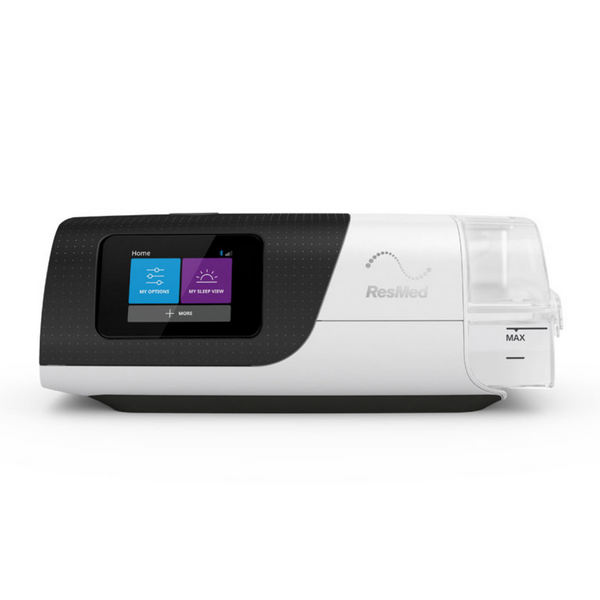
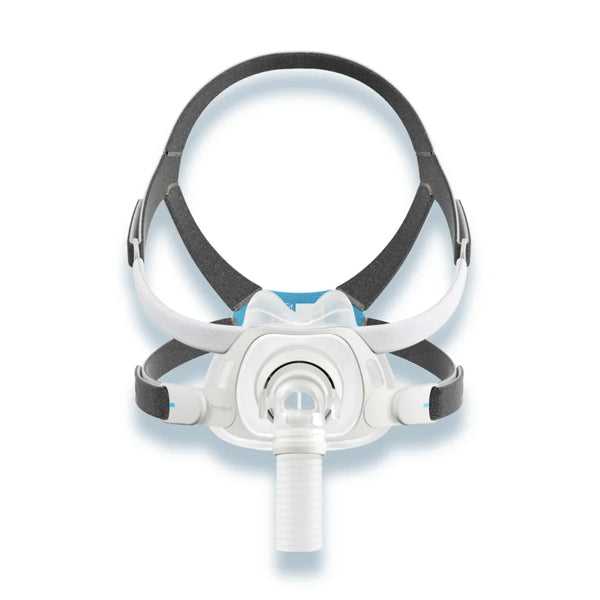
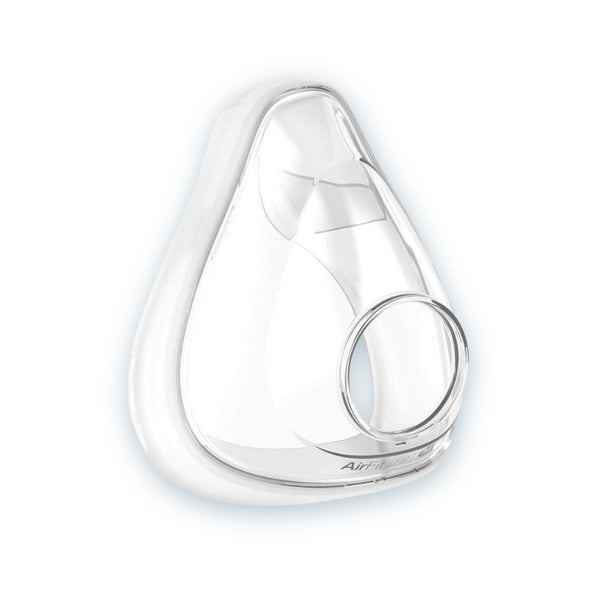
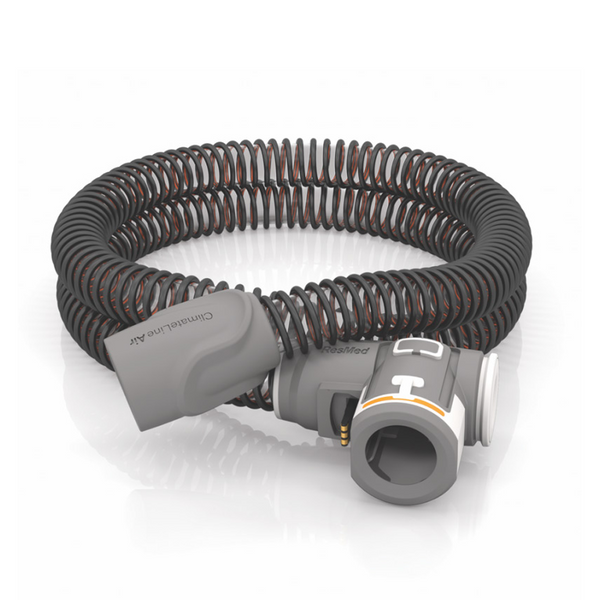


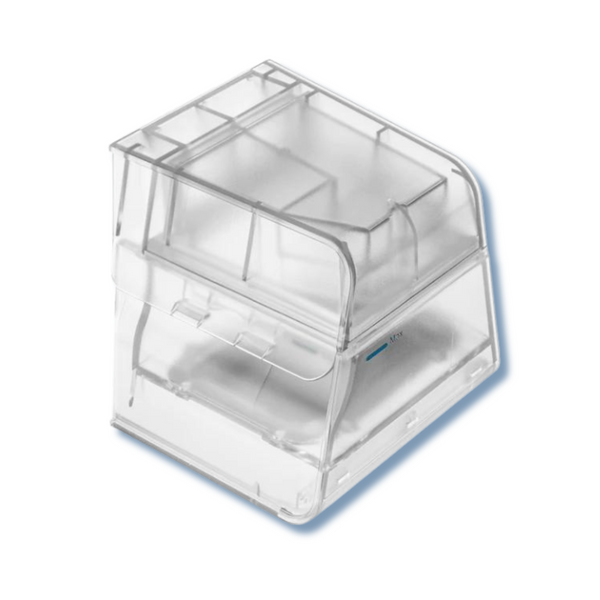

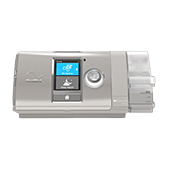
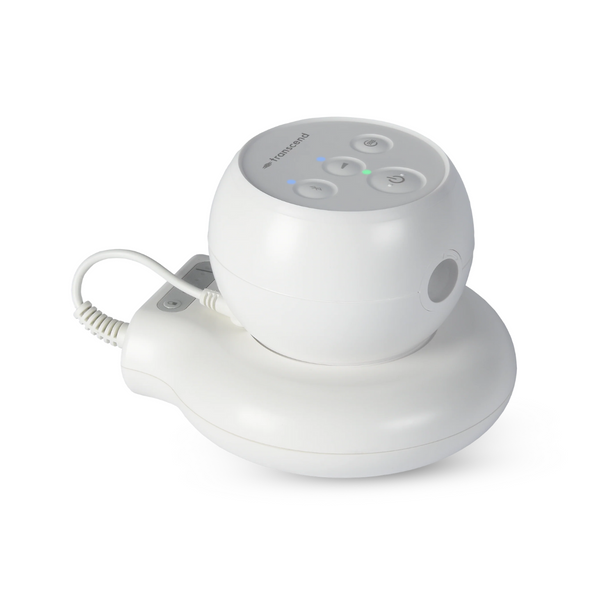

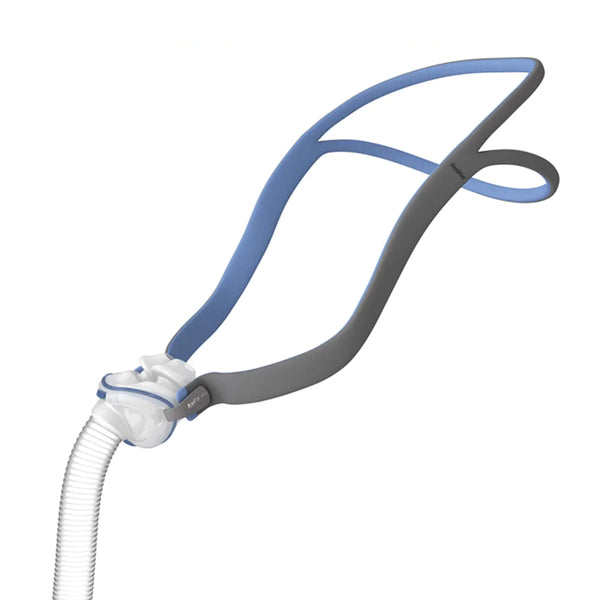
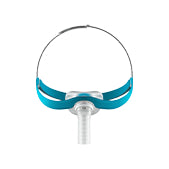
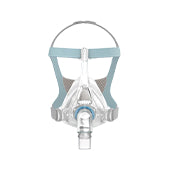
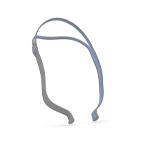
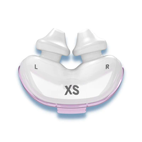
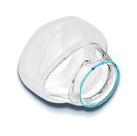
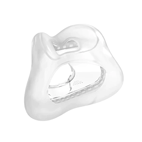
![[subscription]](http://heartstrongsleep.com/cdn/shop/files/Group_30_6a2ee5b7-7d1a-49f1-855d-428a7cb5358f.png?v=1733846466&width=600)
